Don’t forget THIS when building a habit.
As a Coach, you can bet that in many client conversations we’re talking about some sort of behavior they hope to improve or change. Often, this points to a specific habit he or she wants to partake in more consistently. Keeping a habit seems to be this longed-for trait people put on a pedestal. “I just need to make it a habit”, they say. And it’s as if that was true, then all would be well in the world.
So why in the world are so many people stuck in starting and keeping habits if it’s as simple as performing a practice again and again?
Here are some common reasons I hear as to why they’re currently not performing their desired habit:
“I just need to be more disciplined. ”
“I just need to get through this week so I can start fresh.”
“I just need a normal week so I can get in the groove.”
“I just need someone to hold me accountable.”
“I just need to force myself to do it for a month and then I’ll be over the hump.”
While these are certainly well-intentioned, they are all, well, wrong.
There are all sorts of habits we just do. The lower-hanging-fruit-habits such as brushing your teeth twice a day or locking the door on your way out. These aren’t the ones my clients bring up. We’re often talking about something physical, emotional, intellectual, or spiritual wellness related.
Such as, “I want to journal more often.” …“Exercise more regularly.” …“Write more often.” …“Make more meals at home.” etc.
These desired habits are much more multifaceted and energy dependent.
And energy is finite for us each day.
We may start the day with our tank full (although many of us are running on reserves from all the energy exerted the day before) but we know it will deplete as we navigate the responsibilities of our workplaces, families, and communities. If you’re eager to start a new and complex habit on top of what you’re already doing it’s likely you’ll need a little more support than just, “pull up my boostraps and climb that mountain each day.”
More important than discipline - fresh starts - accountability - or length of habit established is a key element many, many people forget.
Environment Design
Instead of climbing a mountain, how does it sound to float downstream like these cute little otters?
Be like the otters.
Let the river (your environment) influence your flow.
Setting up your environment takes front-end effort, but then greatly minimizes the monumental effort to continue the action. (Which, remember, is what we want to do; repeat something important to us again and again!)
Want to eat more veggies?
- stop putting them in the bottom drawer where you can’t see them and they’re forgotten after 2 days.
Want to read more and watch less TV?
- make a curtain to pull over your TV, rearrange your living room furniture to not favor everyone looking at the TV, remove it from your bedroom (and greatly improve your sleep habits as well) and place your book(s) in an easily visible and reachable place.
Want to eat more meals at home?
- delete food-delivery apps on your phone and batch your meals for the week ahead of time.
Design your environment to support the path of least resistance.
That’s what each of us instinctively craves! If your new habit takes heaps of motivation, discipline, and obstacle navigation each time you approach it, you can bet it will fizzle out just as quick as it you started.
You don’t actually need to be the strongest. You don’t need to have the most will-power or discipline. You simply need to be thoughtful, attentive, and take a little experimentation time setting up your space appropriately before you begin to practice the desired habit.
Allow your environment to make it easy for you to do what you want.
If it seems too simple, I encourage you to give it a try. James Clear, author of Atomic Habits, has many helpful articles and resources available on this topic. Take a look and enjoy completing the actions that help you be your best!

